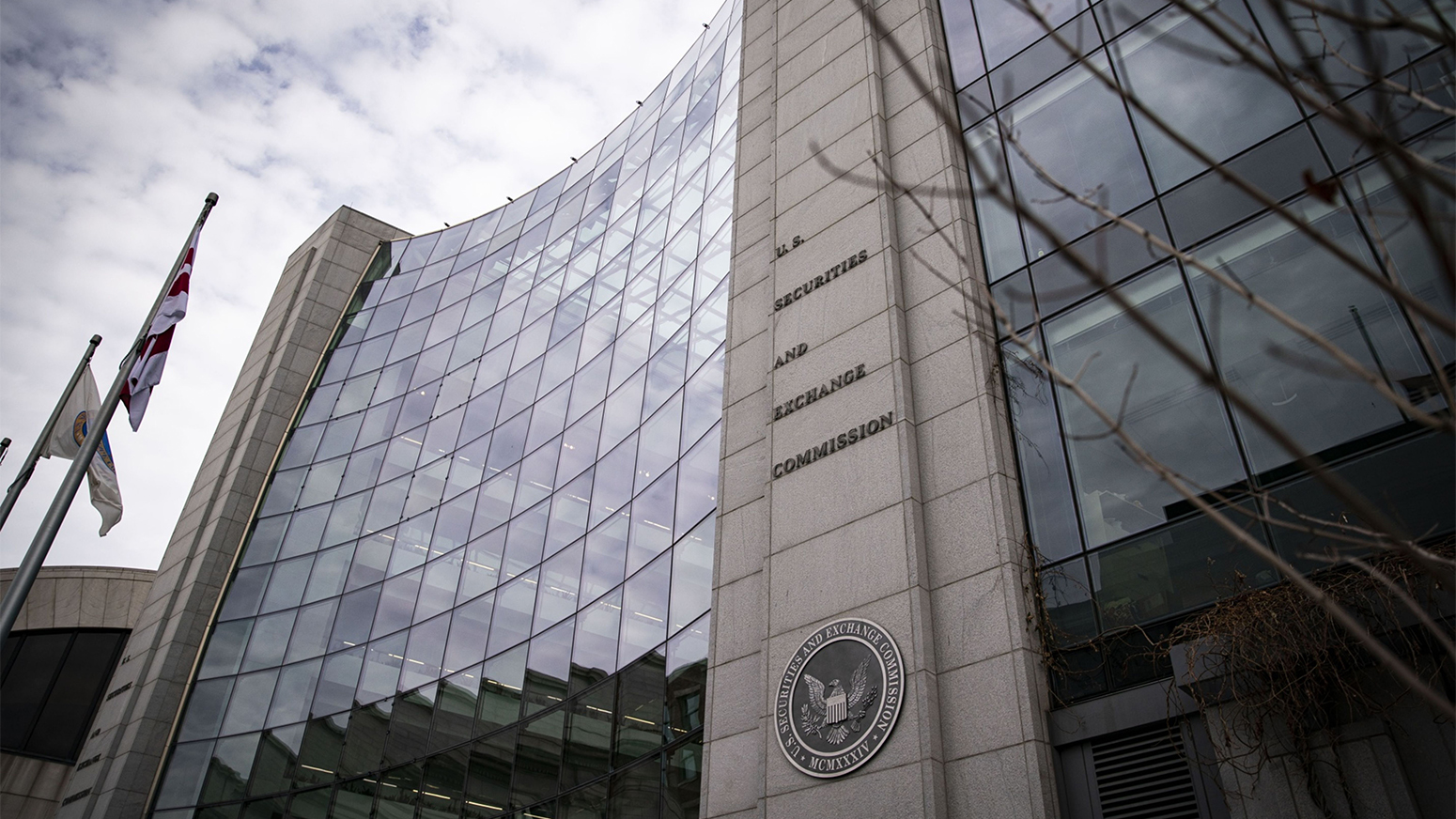US SEC Unveils Agenda to Ease Rules and Integrate Crypto Into Wall Street Frameworks
US SEC Unveils Agenda to Ease Rules and Integrate Crypto Into Wall Street Frameworks
By
Rachel Steinberg
Last updated:
October 6, 2025
First Published:
October 6, 2025

Photo: Pensions & Investments
In a move that signals a major shift in regulatory tone, the United States Securities and Exchange Commission has announced a new agenda focused on easing certain restrictions and integrating cryptocurrency more effectively into the broader Wall Street ecosystem. The plan aims to bridge the gap between traditional finance and emerging digital assets while maintaining investor protection and market integrity.
A Softer Approach from the SEC
The announcement reflects a more pragmatic attitude toward crypto than in previous years. The SEC, often seen as overly cautious, appears to be adopting a measured openness toward blockchain innovation. The new agenda includes streamlined registration procedures for digital asset firms and a clearer classification framework for tokens. This could mark the beginning of a more cooperative relationship between regulators and the crypto industry.
Balancing Oversight and Innovation
One of the SEC’s main challenges has been finding a balance between consumer protection and technological progress. The agency’s updated approach seeks to create space for responsible innovation. By recognizing that blockchain can coexist with existing market structures, the SEC is attempting to ensure that regulation supports growth rather than suppressing it. This shift also acknowledges that digital assets are now an inseparable part of the global financial landscape.
Encouraging Institutional Participation
A key focus of the agenda is to make it easier for institutional investors to participate in digital asset markets. The SEC plans to simplify custody requirements for registered investment firms and permit regulated trading of tokenized securities. This could pave the way for pension funds, asset managers, and insurance companies to explore blockchain investments under established legal frameworks.
Collaboration With Other Agencies
The SEC’s new direction will not operate in isolation. Coordination with other financial regulators, including the Commodity Futures Trading Commission and the Federal Reserve, is central to the plan. This multi-agency approach is designed to create consistency across all aspects of digital finance, from stablecoins and DeFi protocols to blockchain-based settlement systems. The unified effort represents a broader national strategy for digital asset adoption.
Market Reactions and Industry Response
The crypto industry has welcomed the SEC’s softer tone. Executives from leading exchanges and blockchain firms described the move as a positive step toward clarity and long-term stability. Investors also responded optimistically, interpreting the agenda as a signal that the US is preparing to embrace blockchain technology as part of its economic infrastructure rather than treating it as a disruptive threat.
Potential Economic Impact
If successfully implemented, the SEC’s reforms could unlock new economic potential. By reducing compliance barriers and clarifying legal definitions, startups and traditional financial institutions alike will find it easier to innovate. The introduction of tokenized assets into mainstream markets could increase liquidity, reduce transaction costs, and accelerate the digitization of securities trading.
Addressing Past Criticisms
The SEC’s reputation in the crypto world has been controversial due to its history of enforcement-first tactics. Critics have accused the agency of regulating through lawsuits rather than through dialogue. This new agenda aims to rebuild trust by focusing on guidance and consultation. For many in the industry, this represents the first real opportunity for constructive engagement with policymakers.
Risks and Remaining Questions
Despite the optimism, challenges remain. Questions about how decentralized projects will fit into this new framework are still unresolved. There are also concerns about ensuring cybersecurity, preventing market manipulation, and protecting retail investors in the absence of traditional intermediaries. The SEC’s success will depend on how effectively it can address these risks while maintaining a supportive environment for innovation.
Looking Forward
The unveiling of this agenda represents a turning point in the relationship between regulation and innovation in the United States. The SEC’s willingness to modernize its approach demonstrates recognition that the future of finance will be deeply intertwined with digital assets. If executed carefully, this could position the US as a leader in shaping a transparent, efficient, and inclusive global crypto economy.
Popular articles
Subscribe to unlock premium content
Disney’s Timeless Magic and How the Entertainment Giant Continues to Shape Culture and Innovation

Imran Khan’s Economic Missteps Amid Political Chaos in Pakistan

The Philippines’ Digital Shift How Remittances and BPO Are Fueling Growth

Disney’s Timeless Magic and How the Entertainment Giant Continues to Shape Culture and Innovation

Imran Khan’s Economic Missteps Amid Political Chaos in Pakistan

Disney’s Timeless Magic and How the Entertainment Giant Continues to Shape Culture and Innovation









